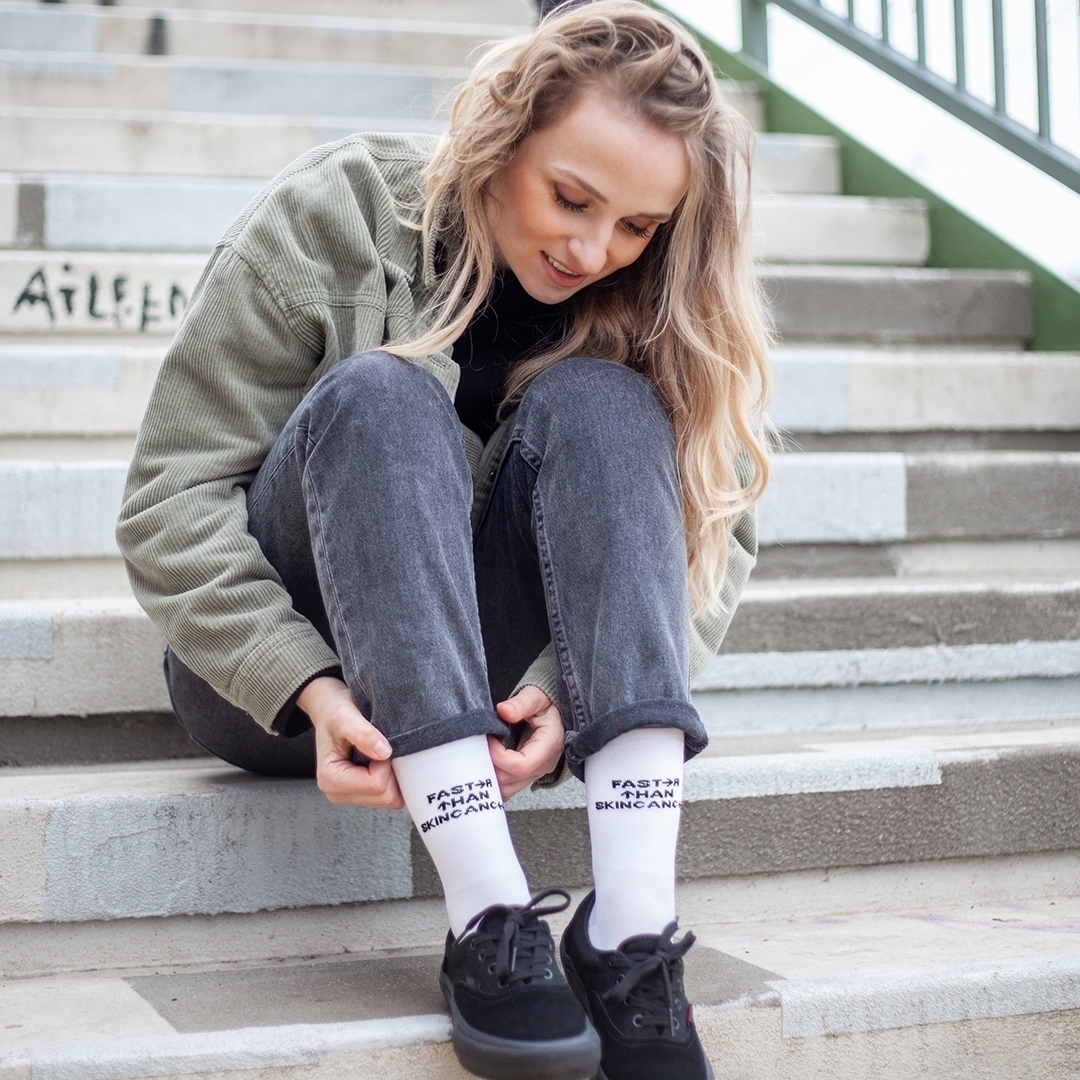Survey reveals one fifth of melanomas, globally, went undiagnosed during COVID-19 pandemic
A survey of over 700 dermatologists from 36 different countries has revealed an estimated one fifth (21%) of melanoma cases went undiagnosed throughout the COVID-19 pandemic in 2020. Lockdowns and pressure on healthcare systems have delayed access to diagnosis and resulted in one third (33.6%) of appointments being missed. Compared to the World Health Organisation’s most recent melanoma incidence rates, an estimated 60,000 melanomas have gone undiagnosed worldwide. The survey was conducted by the Global Coalition for Melanoma Patient Advocacy in November and December 2020. In response to the survey, the Faster than Skin Cancer campaign (in cooperation with Novartis) has launched worldwide to tackle increasing rates of skin cancer in young people by raising awareness of the disease in every season of the year, particularly for people who regularly exercise outdoors.
Each year, more and more people are diagnosed with melanoma and other types of skin cancer. Melanoma incidence has risen more than ten-fold in recent decades. On age related cancers, melanoma is the number one most diagnosed cancer among 25 to 29-year olds. Dutch Melanoma patient, Marije Kruis, founder of international NGO Spot the Dot and member of the Global Coalition for Melanoma Patient Advocacy, recognises that this age group is less likely to get their skin checked by a Dermatologist, something campaign contributor and Spanish Surgical medical dermatologist, MD Pedro Rodriguez, explains “can actually change the prognosis of your cancer.”
Faster than Skin Cancer features well-known faces from across the elite sporting community, such as Olympic snowboarding medalist and seven time World Cup winner Benjamin Karl, as well as skin cancer patients and leading Oncologists, all of whom are passionate about encouraging young people to learn more about melanoma during the pandemic, particularly this winter.

Marije Kruis, founder of Spot the dot commented: “COVID-19-related lockdowns, coupled with the significant strain on healthcare systems under the pandemic, have led to a worrying proportion of professional skin checks being missed. With this trend set to continue into 2021, it’s critical people take action and check their own skin for melanoma to be able to access any relevant treatment as soon as possible.”

No matter the season, the Faster than Skin Cancer campaign aims to bring down the number of newly diagnosed skin cancer patients and promote early detection by encouraging people to protect skin from sun damage, take note of suspicious spots and to start a conversation about skin cancer. For those who are living with melanoma, the campaign aims to encourage people to learn more about the disease, such as their mutation status. Campaign ambassador, Lennaert, a Stage 3C melanoma patient, comments: “In 2010, I went to see a dermatologist because of a mole that felt a bit itchy. The mole was removed, and I never expected the news that the doctor gave me a week later. I have melanoma?! At first, I didn’t even know what it was exactly, but that became clear during the conversation. There I was, 35 years young and I had cancer.”
Campaign ambassador, Katie Ostrovsky from the USA, comments: “My journey, battling Stage IV metastatic melanoma for 7 years, changed my lifestyle. I am more aware of my body, its changes and how I handle going into the sun. I won’t allow skin cancer, to take away from my freedom from this beautiful world, I enjoy nature and I find peace in a hike through the Arizona desert mountains.”

Campaign ambassador and Dutch Dermatologist and Mohs’ surgeon, Dr Göran van Rooijen, comments: “Hopefully through this campaign we will plant a seed in people’s minds, so that they use SPF the next time they ride through the snow (or any other day!). Because you may not notice it now, but I see the sun damage from 10-20 years ago on my patients skin every day. Whilst it’s crucial we continue to pay close attention to any changes in our skin to detect any signs of skin cancer early, it’s equally as important for people living with the disease to empower themselves with knowledge about melanoma. Recent advances in targeted treatments mean there are now more choices than ever available to patients. I encourage melanoma patients to speak to their healthcare professional to find out more.”
“When prevention has failed, we strive for early detection by encouraging people to spot their dots”, explains Marije Kruis.
— END —
About the survey
The survey was conducted by The Global Coalition for Melanoma Patient Advocacy in November and December 2020, receiving a total of 734 responses from professional dermatologists across 36 countries. Dermatologists were asked to estimate the proportion of skin check appointments missed due to the pandemic and estimate the proportion of undiagnosed melanomas compared to a normal year.www.globalmelanoma.org
Find more info about the study here
About the Global Coalition for Melanoma Patient Advocacy
The Global Coalition for Melanoma Patient Advocacy was formed in 2014 by the Melanoma Research Foundation in response to the global need to bring the patient voice to the melanoma space.
The group has grown to include organizations from 27 different countries (including Spot the Dot) and is enthusiastically supported by its partners around the world, as well as the global patient, healthcare and pharmaceutical communities. The Coalition meets the vital needs of the worldwide melanoma community through three working groups, which each specialize in a unique area that addresses globally relevant issues for melanoma patients, encompassing:
- Melanoma Awareness and Patient Resources
- Patient Advocacy and Access to Treatment
- Collaboration and Recruitment